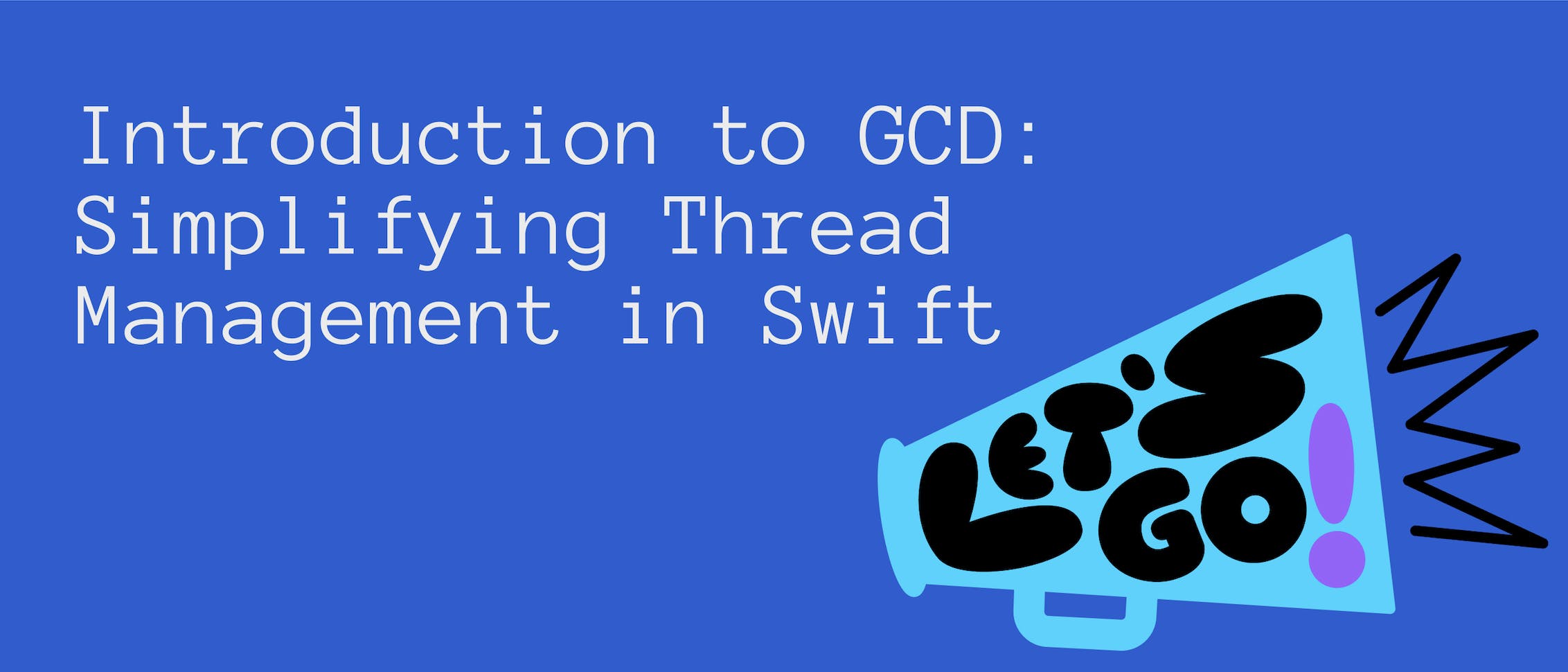Kenya’s Communications Authority has proposed a substantial increase in licencing fees for satellite internet service providers (ISPs) like Starlink. The proposed regulations would raise the cost of a 15-year license from $12,302 to $115,331— a tenfold increase —and introduce an annual levy of 0.4% of gross turnover. The changes come as Starlink has rapidly expanded its presence in Kenya, driven by a growing demand for high-speed internet services.
The move marks a tightening of regulatory oversight, potentially raising the cost of entry, particularly for smaller companies. While local ISPs may support the move as it raises the bar for satellite competitors, the increased costs could hinder the growth of smaller internet firms and slow the expansion of high-speed internet access in underserved and remote areas. Companies like like Viasat, Indigo Telecom, and NTvsat, which cumulatively serve less than 1,000 subscribers, may find it difficult to absorb the new fees.
“This change aims to ensure technology neutrality and allow investors to land signals using any technology,” the CA stated.
In addition to the license fee increase, the CA’s proposal also seeks to expand the scope of satellite ISPs. Under the new guidelines, satellite providers would be allowed to operate terrestrial cables, telemetry systems, tracking facilities, and even engage in space research. This could open the door for Starlink to establish ground stations in Kenya — a move that has been delayed previously due to regulatory challenges.
“Licensees should be allowed to establish satellite systems, including hub facilities, and provide satellite services, provided they comply with the geographical scope principle (at least three counties in Kenya),” CA said.
Starlink: A rising star
Since launching in June 2023, Starlink has grown by over 1,000%, registering over 8,500 users as of December 31, 2024. Starlink’s Kenyan expansion has faced opposition from other ISPs.
On July 15, Safaricom asked the CA to block satellite ISPs with operations in other countries. Safaricom has over 350,000 fixed internet users via its extensive fibre cable network in the country.
The telco alleged security risks to the country if companies like Starlink are allowed to operate without a physical presence or partnerships with local firms. It said licensing satellite ISPs “would mean negligible control for the government to ensure accountability for any non-compliance issues.”
However, Starlink’s low-cost, high-speed internet has sparked a fierce battle for customers. Safaricom, for instance, has doubled the speed of its fibre internet packages in response to Starlink’s growing presence.
While in Nigeria Starlink has doubled prices, in Kenya it has resorted to promotions and cheaper packages to woe subscribers. In September 26, for instance, it introduced a cheaper kit and a $30.87 monthly residential plan after Safaricom increased its fibre internet speeds.



/cdn.vox-cdn.com/uploads/chorus_asset/file/21564217/vpavic_200728_4113_0124.jpg)





